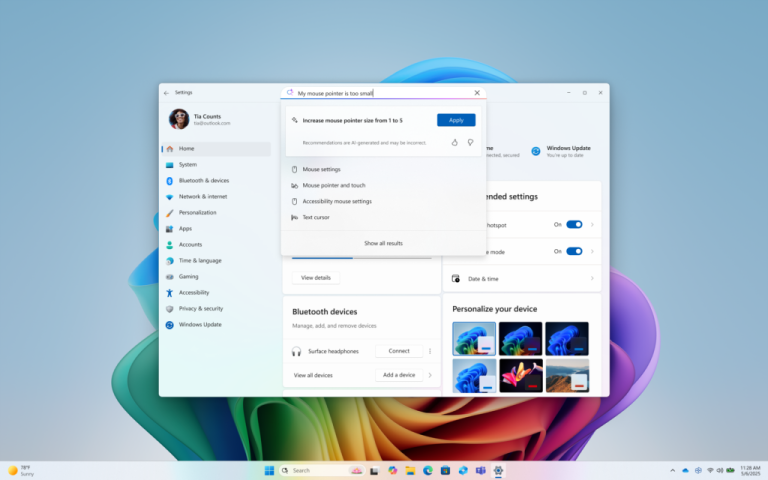
Rumors of an imminent Windows 12 release have proven premature. Instead, Microsoft has officially confirmed that this year will bring a new version of Windows 11, designated 25H2. The update is already available to members of the Windows Insider Program as a preview build and is scheduled for general release in the second half of 2025.
According to Microsoft representative Jason Leznek, the forthcoming version of Windows 11 will employ the same update infrastructure as its predecessor, 24H2. This means that the upgrade process will be swift and seamless, resembling the installation of a regular cumulative update—requiring only a few minutes and a system reboot.
At present, the 25H2 preview build contains no significant new features. In fact, its changelog mirrors that of the 24H2 Beta Channel build. Nevertheless, new functionalities are already under development for 25H2 and will be gradually introduced. Interestingly, these features will first appear in version 24H2 but will remain disabled until their official rollout.
The final release of 25H2 is expected to coincide with the end of support for Windows 10, which is scheduled for October 14, 2025. Microsoft clearly hopes this update will encourage holdouts to finally make the transition to Windows 11.
Leznek also confirmed that the 25H2 release will extend the support lifecycle for Windows 11. Education and enterprise editions will receive 35 months of support from the release date, while consumer and professional editions will be supported for 24 months.
The announcement of a new Windows 11 version this year effectively puts to rest any expectations of Windows 12—at least until 2026. Although speculation about Windows 12 has circulated since 2023, with some sources anticipating a 2024 launch, Microsoft is already grappling with the challenge of persuading users to migrate from Windows 10 to Windows 11. The debut of an entirely new system is evidently not among its immediate priorities.
Meanwhile, it has emerged that Windows has lost approximately 400 million users over the past three years. A growing number of individuals are shifting to mobile platforms, macOS, and Linux. Furthermore, Microsoft’s claim that Windows 11 is “twice as fast” as Windows 10 has drawn criticism, particularly because the performance tests relied on outdated hardware configurations.





